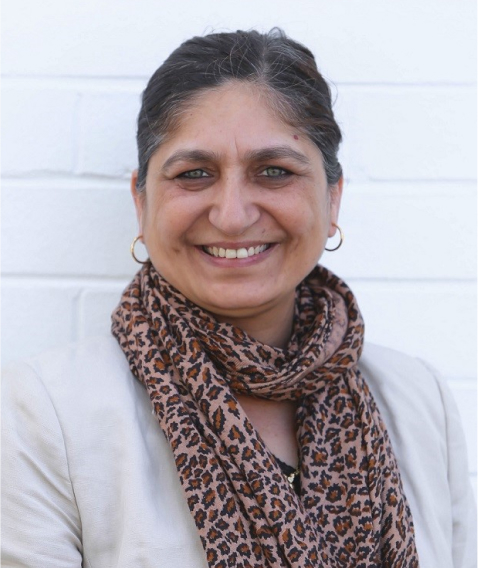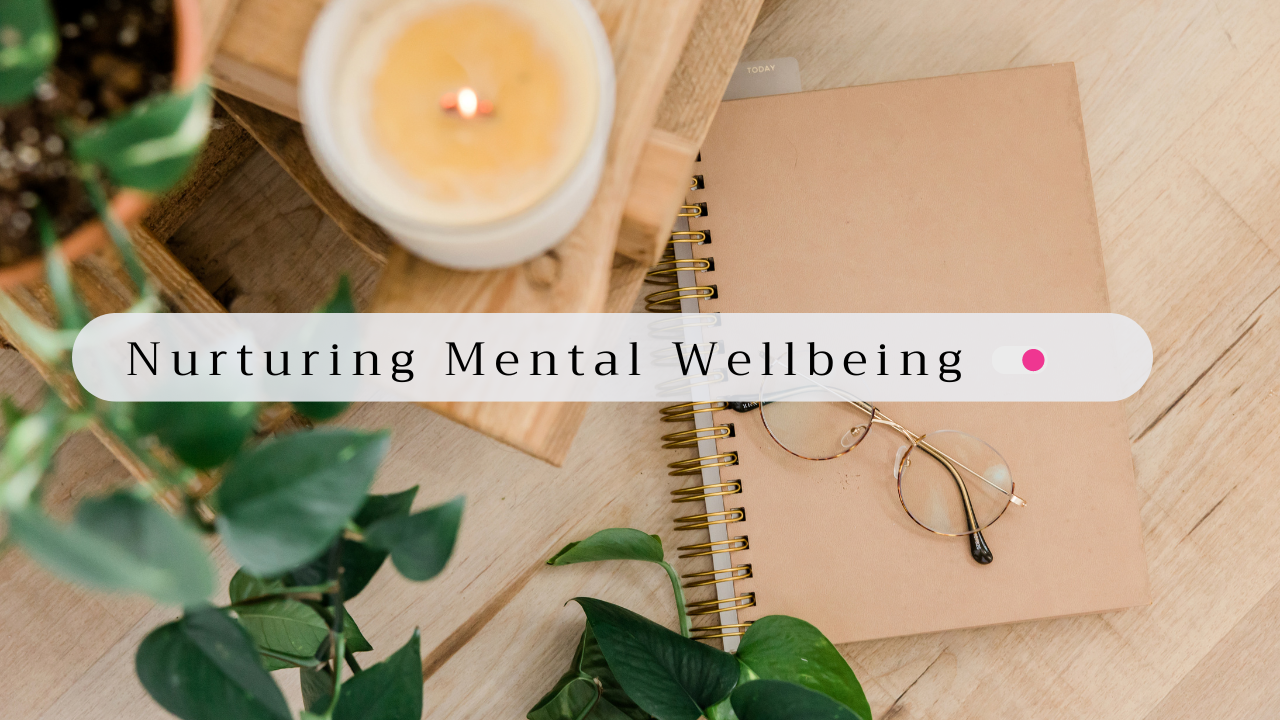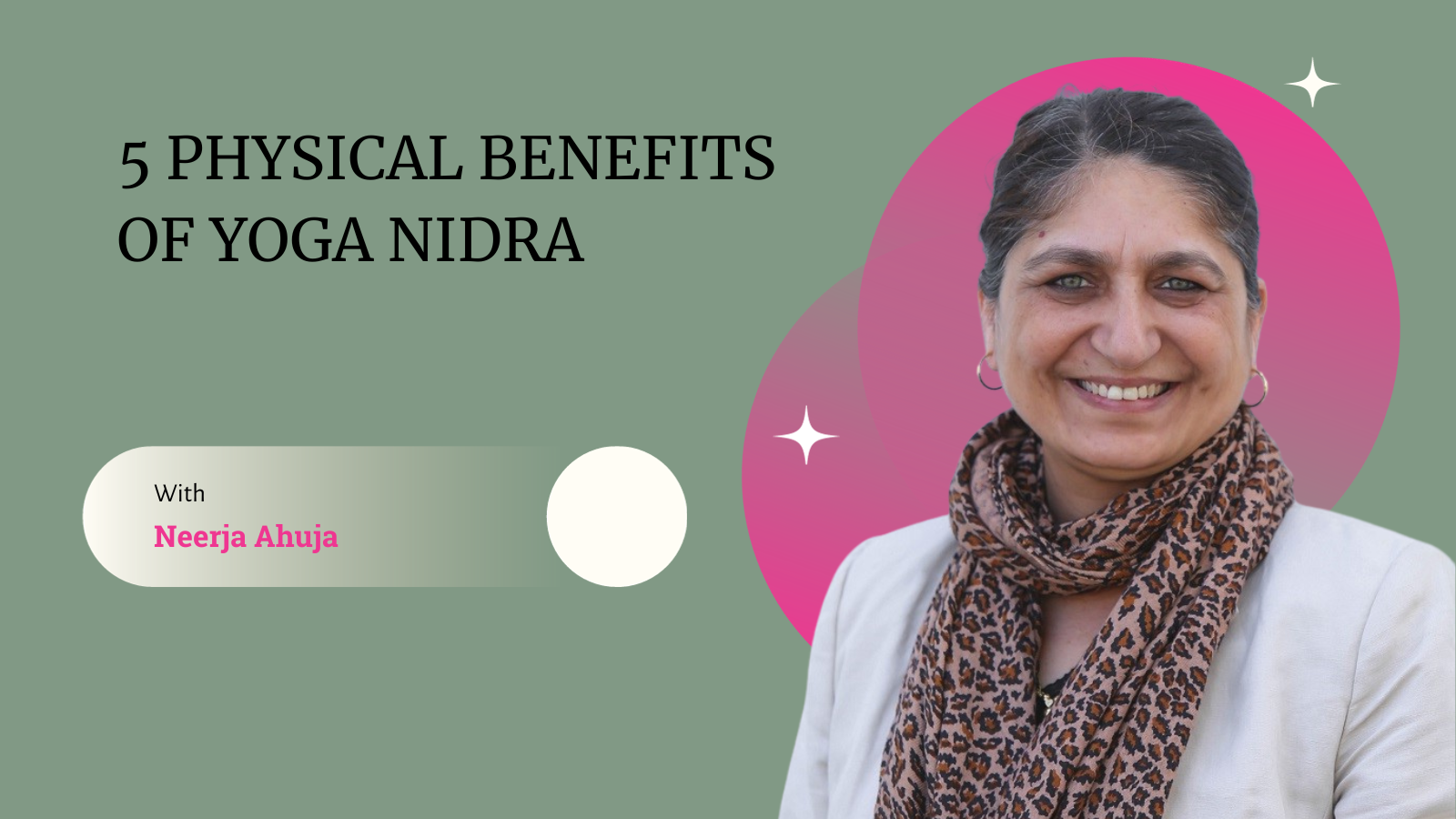It’s not surprising that we are losing our ability to focus in a world where multitasking is seen as a necessary survival skill. Furthermore, as our attention is divided between our online and offline lives, it becomes difficult to focus on a single task for an extended period. You have checked Instagram twice, responded to a few emails, played with your dog, and made phone calls while reading this blog. None of the above required your immediate attention, but the scattered focus has become your default mode these days. Even though we refer to social media as digital heroin due to its addictive properties, the leading cause of poor concentration goes much deeper than screen time.
Have you heard what Continuous Partial Attention (CPA) is?
According to research, CPA is the term used to describe a modern behaviour of continuous partial attention that adversely affects relationships, lower productivity levels, and leads to overstimulation and a lack of fulfilment. CPA leads to more stress and less ability to focus and concentrate, stopping or reducing reflection, contemplation, and thoughtful decision-making.
It makes you easily distractible, allowing continuous beeps, flashes on computers and phones and vibrations even on a silent phone to break concentration, contributing to a stressed lifestyle.
Half-paying attention to everything means you can only pay attention to something partially.
CPA allows us to adapt well to these demands in the short term. Still, for a long time, the stress hormones adrenaline and cortisol make a physiological hyper-alert state, always looking for stimuli, provoking a sense of addiction eased by checking in on a phone/ digital device.
“We have focused on managing our time. Our opportunity is to focus on how we manage our attention.”
— LINDA STONE
You can improve your concentration and focus holistically.
We can do many simple things throughout the day to improve our concentration and keep our minds focused and calm. CPA is an addiction from an Ayurvedic perspective and is a Vata imbalance connected with neurons. We know creating behavioural change is challenging.
- You need to be aware of and consistently reminded of the pitfalls of CPA and implement short-term actions to reverse the pattern, for example:
- Unfollow the ones you don’t have any connection in common.
- Remember that social media is a source of passing the time, so don’t let yourself give in.
- Get into the habit of shifting your focus, and observe and reflect on how you think and behave.
- Have rules for electronic cut-off every day; for instance, no phones/ laptops/TV in the bedroom as you go to bed for a good night’s rest.
- Live the moment rather than being online or live on social media.
- Education and a clear understanding of the issue support creating Will to implement the solution.
- Commitment to having enough quality time with family.
- Breathe fresh air to break the monotony by joining hobby classes.
- Do physical exercise to stay connected to your body, for example, by stretching during yoga, HIIT (High Intensity Interval Training), or something else to improve your personal best.
- Undertake social work and activities.
- Balanced diet and eating habits (sattvic diet) and herbs increase brain’s cognitive functions and minimise stress.
- Panchakarma treatments or at least an ayurvedic Snehana massage and Shirodhara– treatment works for health issues such as stress, depression, sleeplessness, hypertension, migraine, etc.
- Padanshika-Krama (Hierarchical order) is a strategy used to gain new good habits, leave old negative habits in quarter-steps & increase the good practices at regular intervals. It is followed by the gradual withdrawal of addictions that do not relapse, and good habits become firmly constructed.
- Many Rasayanas (tonics) are used in Ayurveda for developing and nourishing the brain, e.g., Brahmi and Ashwagandha are some common ones, many more are used.
- Achara Rasayana is an Ayurvedic concept that denotes moral, ethical, and behavioural conduct. Nonviolence, truth, personal and public hygiene, mental and personal hygiene, compassion, and a yogic lifestyle are the primary behaviour of Achara Rasayana. The body-mind system gets rejuvenated as a result of these behaviours.
- Bhramari pranayama is an excellent technique to calm the mind. The vibrations during this pranayama stimulate the brain tissue, decrease stress and create a soothing feeling.
- Count your breath backwards to change your focus from 50 to 1. This yogic technique trains the brain to become more focused and attentive.
- Daily head massage, and as a minimum, before shampoo oil massage and leave the oil on the scalp for at least two hours or overnight with herbal oils like Brahmi oil will nourish and rejuvenate the nerve tissues.
- Do feet massage with oil at bedtime.
These straightforward tips improve focus and concentration and produce the positive side effect of feeling less stressed and increased calmness within yourself.
At Ayurveda Awareness Centre, we believe, as with our well-being in general, a healthy brain requires a healthy lifestyle, mindfulness of our minds. Just like our physical bodies need to be nourished and exercised, so does our mind.
We know we live in a world that wants us to be, or at least look busy all the time, to be top-performing multi-tasker. Start enhancing your brain power with Ayurveda using meditations and guided practices, and you’ll see you’re doing one thing at a time. You’ll be present for that one thing at that moment. Then the next thing that arises in the next moment–meditation in action.
Give yourself and your brain a little break and let go of the illusion of multitasking, slow down, and be present. It doesn’t mean you have the luxury of always setting the pace, but you do have the choice to connect to each moment.
Remember the relief of stress you feel when things slow down as though every cell in you sighs, “ahhh…” or, as a child, being one with whatever you were doing-.
In addition to doing the things that bring us joy, we can aim to incorporate some key practices for women. If you want to connect with AAC, you can start small and keep it simple, adding more when you are ready- why not call us today?



